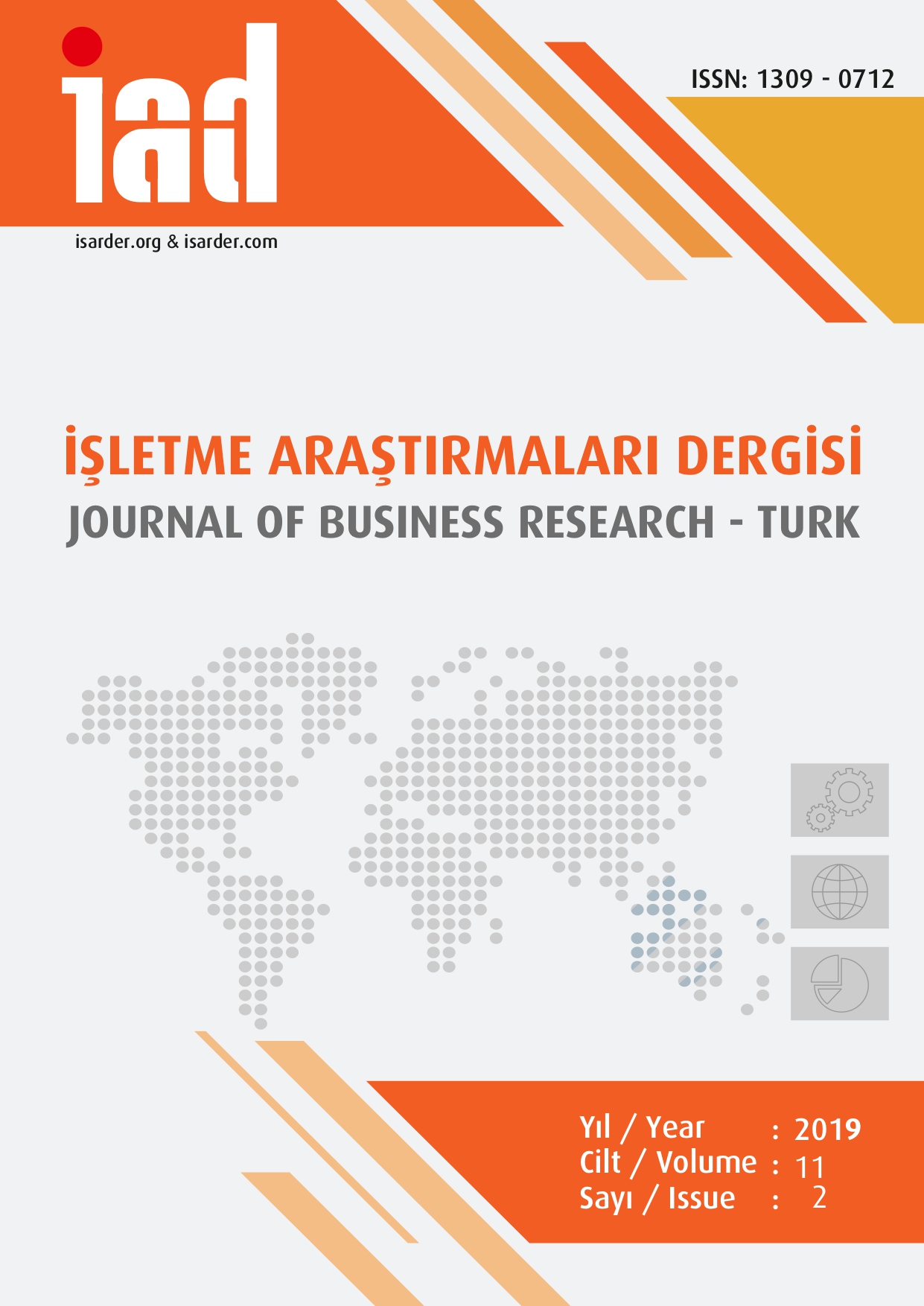Alkollü Eğlence Mekânları Çalışanlarının Tükenmişlik Düzeyleri: Konya İli Örneği
Burnout Level of Drinking Establishments’ Employees: The Case of Konya
Author(s): Alper Ateş, Mehmet ŞahinSubject(s): Business Economy / Management, Organizational Psychology, Human Resources in Economy
Published by: Orhan Sağçolak
Keywords: Drinking establishments; Drinking establishments’ employees; Burnout;
Summary/Abstract: Purpose – The aim of this study is to determine the burnout level of drinking establishments’ employees. The effects of exhaustion (overwhelming exhaustion), cynicism (cynicism and detachment), and inefficacy (a sense of ineffectiveness and lack of accomplishment) dimensions on the burnout levels of the employees and the changes of these dimensions according to demographic characteristics were investigated. Design/methodology/approach – In this study, a survey was conducted to determine burnout levels of 267 people working in drinking establishments located in Konya city center. T-test and one-way analysis of variance were used to determine the relationship and levels between the participants' demographic characteristics and burnout dimensions. Findings – As a result of the study, it was determined that age, marital status, entertainment sector experience, workplace position and workplace type and depleted sub-dimensions of emotional exhaustion, sensations and low self-satisfaction sensations were a significant relationship between each of the three dimensions. Emotional depletion levels differ significantly with gender, monthly income and educational status; the level of desensitization makes a significant difference in terms of working time and different venue experience. The level of low personal success varies according to gender, monthly income, working time and different venue experience. Discussion – The drinking establishments’ employees in the tourism sector, which has a structure that provides services directly to human beings, has a profile where burnout syndrome is frequently encountered as a result of customer expectations, working conditions and other characteristics specific to the tourism sector. Business managers and employees need to be informed about burnout syndrome and receive support. Improving the general working conditions, increasing the public control of the drinking establishments and reducing the burnout levels through in-service training activities can be achieved.
Journal: İşletme Araştırmaları Dergisi
- Issue Year: 11/2019
- Issue No: 2
- Page Range: 1118-1132
- Page Count: 15
- Language: Turkish

